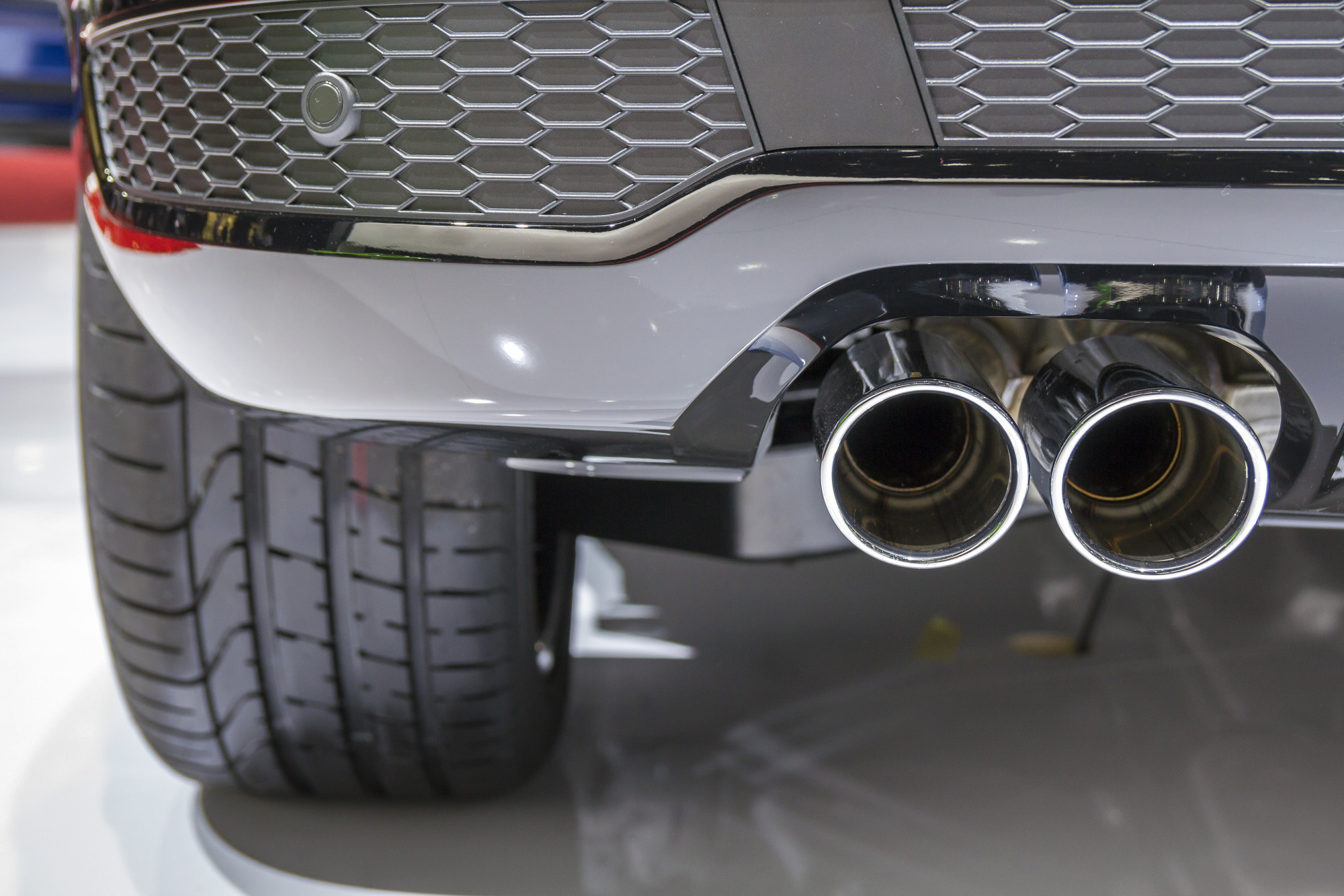A damaged muffler can make your car sound like it’s dying. However, beyond the loud noises that a damaged or old muffler can create, it can also negatively affect the performance of your car. Driving around when you are overdue for a muffler replacement can place stress on other parts of your car.
That’s why it’s essential that you are aware of some of the more common signs that your muffler is failing. That way, you can identify an issue early on and have it fixed before it can affect the rest of your vehicle.
Five Signs You Need Muffler Replacement
Any of the below signs are an indication you need to go to a mechanic as soon as you can. If you’re experiencing several of the below issues at once, the state of your
1. Excessive Noise While Driving
The most common and hardest to miss sign that your muffler has reached the end of its lifespan is if it creates too much noise while you are driving. This will hold true no matter what speed you are going at, though higher speeds will likely create more noise.
If there is a rattling noise coming from your muffler, you may be in luck. The culprit is likely a loose or missing screw, which is a quick and cheap fix. However, in some cases, it can also mean that there is a hole in your muffler causing vibration.
If this is the case, you should talk to a mechanic about replacing your muffler. You can choose a great sounding muffler, and even choose a custom part that is designed to boost performance or improve fuel efficiency.
2. Reduced Fuel Efficiency and Reduced Performance
Another common sign that your muffler is broken that is harder to spot is poor mileage. Your muffler plays an important and often overlooked role in the performance of your engine. If your muffler isn’t venting exhaust gases properly, your engine can be suffocated and perform less efficiently.
If this happens, what you’ll notice is a reduced top speed, slower acceleration, and most of all less mileage per tank. All of these things can be caused by a variety of different mechanical problems. However, experiencing all three at once means that your muffler likely plays a role and should warrant at least an inspection for signs of damage.
3. Chronic Engine Misfires
In a related vein to the above point, beyond affecting acceleration and speed, a broken muffler can also negatively impact your engine. One of the most common, yet serious, ways this can happen is through engine misfires. An engine misfire occurs when there is enough fuel in the cylinder to power it, but not enough air as exhaust gases have built up, leading to a loud bang and your cylinder firing at the wrong time.
Beyond the aforementioned performance issues, a misfiring engine is suffering from unnecessary wear. This can lead to damage to the engine itself, which is much more expensive and complicated to fix. A blown cylinder can’t be as easily fixed like a broken muffler can be.
4. Smelling Exhaust Odors While Driving
An additional warning sign of muffler trouble is the strong smell of exhaust gases in your car while driving. This usually means that there is a break somewhere in your exhaust system, if not your muffler.
This is a huge health concern. The gases that your muffler vents can be toxic if breathed in, and they should never enter the inside of your vehicle. If you notice any odor at all while driving, you should shut off the engine straight away and call a tow truck.
5. Moisture and Rust
Like most other car parts, it is normal for your muffler to begin to rust eventually. However, your muffler is at particular risk because of its function. The heat of exhaust gases can cause excessive condensation to occur within the muffler.
When this happens, your muffler is at a much larger risk of developing rust. Rust can corrode its way through your muffler, and the presence of moisture in your exhaust system can spread that rust to other parts of your car.
You will be able to tell when your muffler is at the end of its lifespan when it begins to accumulate a great deal of moisture. You can see that moisture on the ground underneath your muffler, or even pouring out of your muffler while the engine is running in severe cases.
It is also a good idea to inspect your muffler for signs of rust. Looking at the underside of your vehicle makes it easy to spot signs of corrosion elsewhere as well – like on the chassis or the fasteners holding your muffler in place.
Address Muffler Problems Right Away to Prevent Further Damage
The above list will help you deal with muffler replacement quickly. Dealing with muffler problems early is a good idea because they can cost more in the long run. Lower fuel efficiency can quickly add up in the long run, and a damaged cylinder and rust spreading to parts of your vehicle are both expensive repairs that you want to avoid at all costs.
For more information about maintaining your car and car repairs more generally, take a look at the Automobile Maintenance section of our blog. It’s full of parts and vehicle specific information that can help you keep your car road-worthy for as long as possible.

